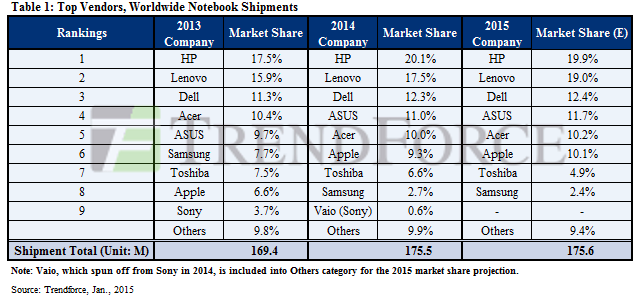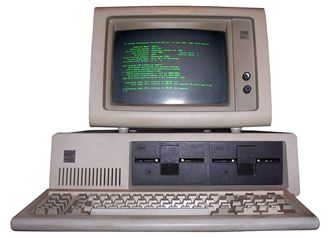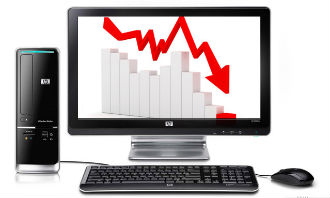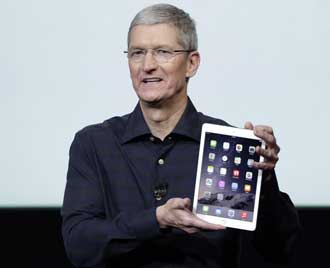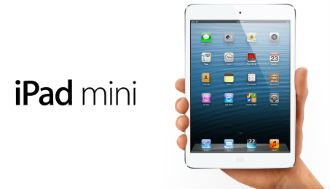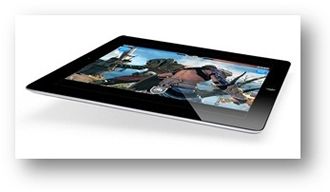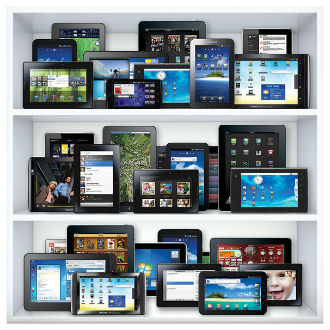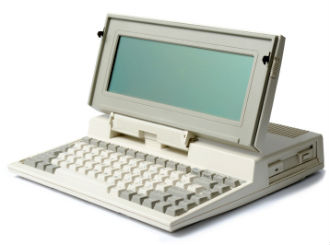 UK-based distributor Westcoast has expanded its devices portfolio through a new partnership with Asus.
UK-based distributor Westcoast has expanded its devices portfolio through a new partnership with Asus.
The agreement will see Westcoast stock and promote Asus products in the UK, including Vivobook Flip, Zenbook S and ProArt Studiobook One.
Westcoast said that it will offer finance options, marketing support and logistics services, and make Asus devices available for its 5,000 existing customers.
Westcoast client director Paul Hamilton said: “We’re extremely proud to be partnering with Asus. Their brand that we have admired for many years for their consistent record of innovation and great products brought to market. This is a significant partnership for both parties to be working in collaboration to drive incremental opportunities.”



